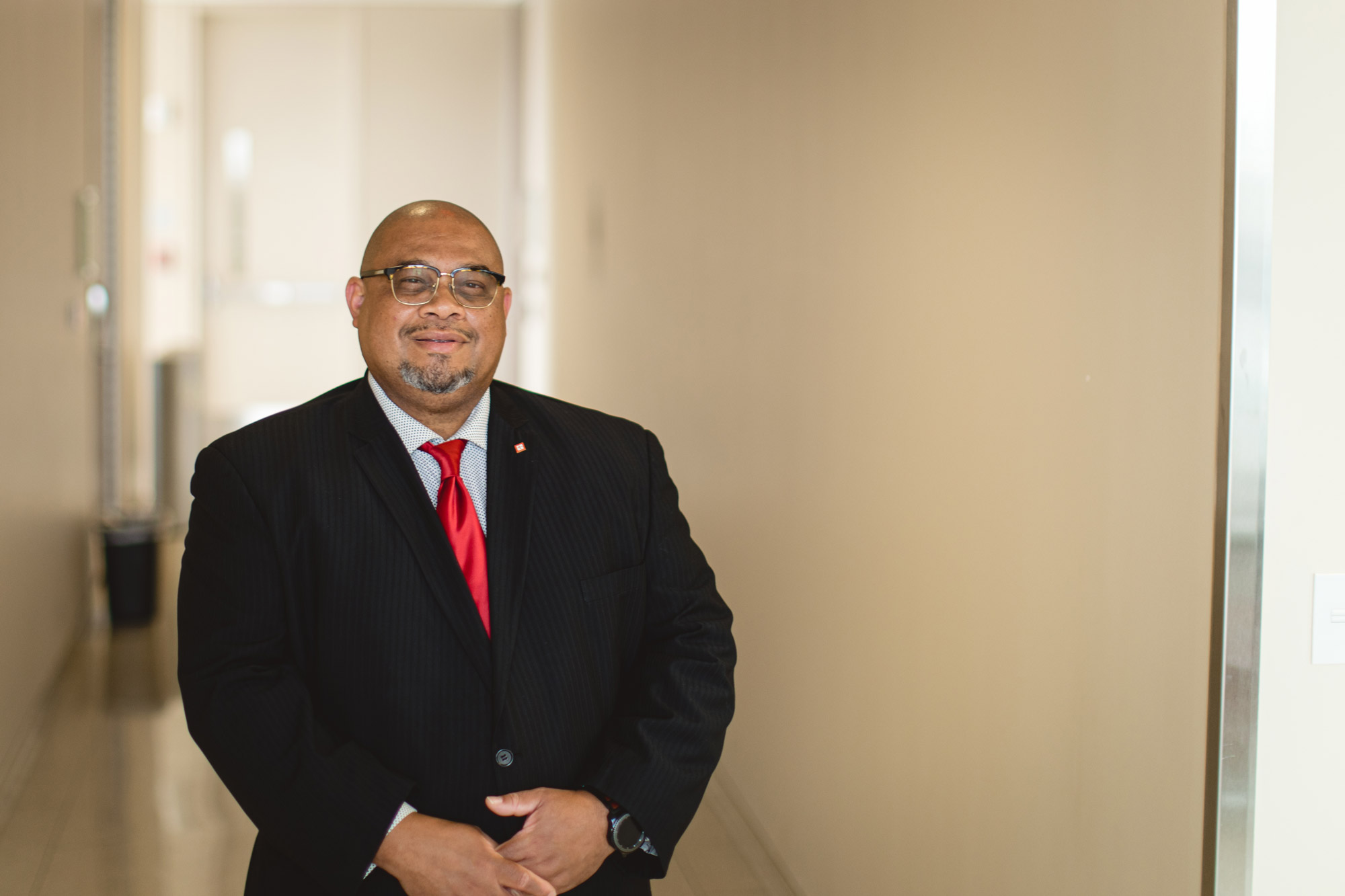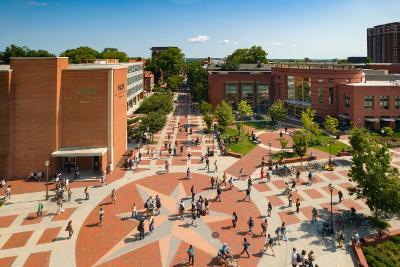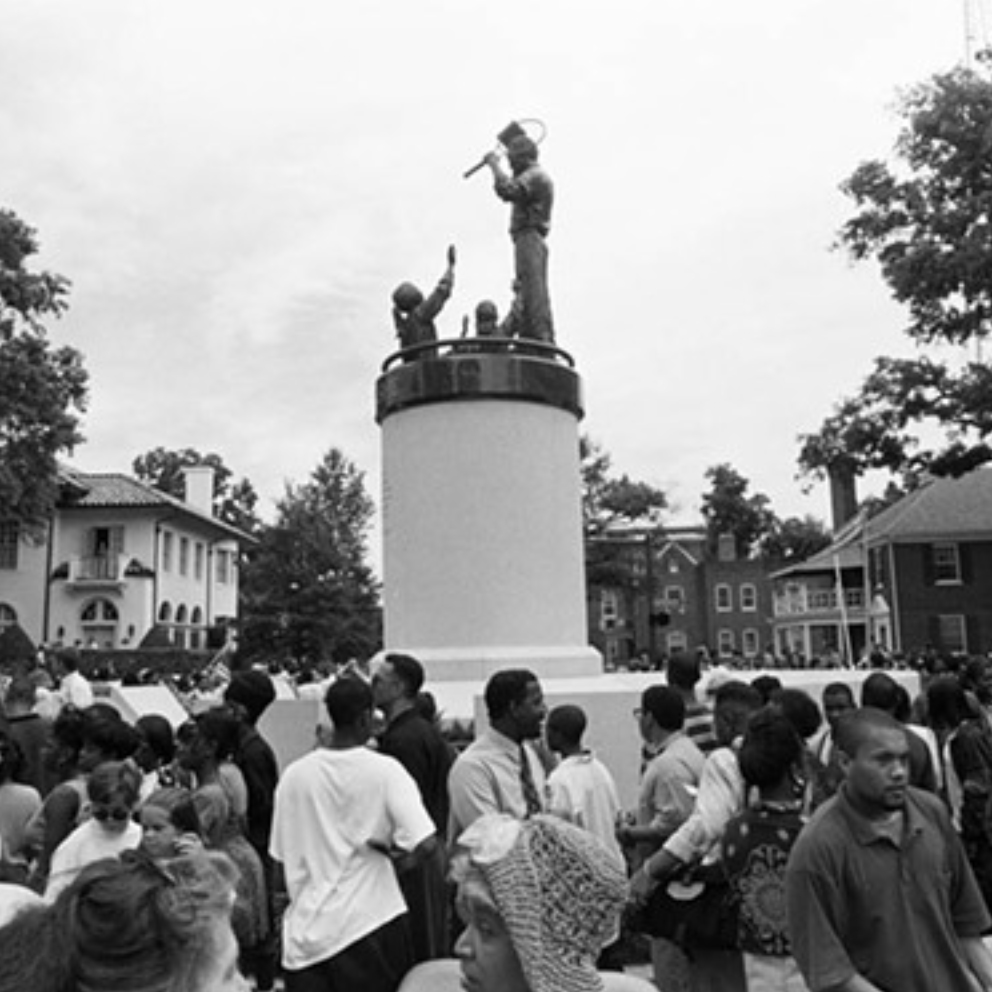When it comes to diversity, equity and inclusion (DEI), it all comes down to creating a sense of community and belonging, according to Kevin Harris, Ph.D., who delivered the VCU School of Medicine’s second annual DEI lecture on October 25.
During his presentation, Harris, who serves as the school’s inaugural senior associate dean for DEI, asked the more than 160 faculty, staff and students in virtual attendance to imagine what could be accomplished at a university, school and personal level if each individual’s inherent talent was “brought to the forefront and presented to the marketplace with an energy that's fueled by knowing that your work, your presence matters.”
“That's really the essence of what we're trying to get to,” Harris said. “How do we use strategies and tactics, our natural abilities, our capacities to actually create an environment where the expertise that we have is channeled through a sense of belonging?”
Since joining the School of Medicine in July 2020, Harris has worked with others across the health sciences campus, university and health system to build a DEI infrastructure and launch initiatives that are “responsive to our times” but also support “who we aspire and who we say [we want] to be.”
“We have learned and grown a great deal from our experiences with COVID-19, social unrest and everything else that has ensued over the last 18 months,” said Peter Buckley, M.D., dean of the VCU School of Medicine. “Like many changes, though, this is a journey, and we will inevitably stumble sometimes. But with the leadership of Dr. Harris, our Inclusion Council and many others within our community, we will pick ourselves up again as we inexorably progress toward our goal of ensuring our school is a place of dignity, professionalism, mutual respect and inclusivity.”
Harris provided several examples of what this collective work has accomplished during his presentation, including the establishment of the school’s first Inclusion Council, the launch of the school’s OUTlist – a university first, and a critical curriculum review taken through an “anti-bias, anti-racist, DEI lens.”
The curriculum review committee provided more than 100 recommendations to the Office of Medical Education that spanned both preclinical and clinical phases, according to Harris, the majority of which have already been implemented. Still, additional work remains.
Harris shared the comments of a second-year medical student as illustrative of what lies ahead: “We have to make sure that the point of the curriculum review is not just to root out problems in the curriculum or check off the boxes but to actively figure out how we make our curriculum inclusive.”
Harris closed by echoing remarks from Dr. Geoff Young, who delivered the school’s inaugural DEI lecture in 2020, regarding the individual work that is required of all of us “to explore and acknowledge our biases, both conscious and unconscious.”
“We have an opportunity towards building a real, a truly anti-racist School of Medicine,” Harris said. “If we can do it right, if we can do it as a collective, it's gonna propel us and sustain us moving forward toward achieving excellence in our delivery of medical care and the production of medical professionals … My true hope is that … we really begin to see each of us as vital, important components to driving our excellence. I really want us to begin to see ourselves in this work.”






